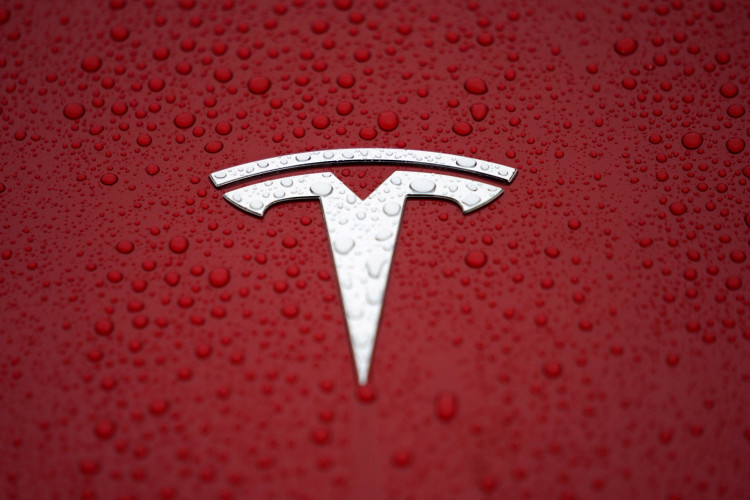Tesla Inc. reported first-quarter vehicle deliveries that fell far short of Wall Street expectations, triggering a 4% drop in its share price Wednesday and deepening concerns about demand, brand damage, and CEO Elon Musk's growing political entanglements.
The electric carmaker said it delivered 336,681 vehicles globally in the three months ending March 31, a 13% drop from the same period a year ago and well below the Bloomberg consensus estimate of 390,342. Analysts had been expecting a range between 360,000 and 377,000 deliveries.
"While the changeover of Model Y lines across all four of our factories led to the loss of several weeks of production in Q1, the ramp of the New Model Y continues to go well," Tesla said in a statement. Production for the quarter totaled 362,615 vehicles.
The disappointing results marked Tesla's worst delivery quarter since Q2 2022 and underscored weakening sales in key markets. In Europe, where Tesla's brand has come under pressure from political controversy tied to Musk, registrations plummeted.
In France, registrations dropped 36.8% year-over-year to 3,157 vehicles, according to Reuters. Norway saw a 63.9% decline, Denmark 65.6%, and the Netherlands 61%. Across 15 European nations, Tesla's market share dropped to 9.3% from 17.9% in the same quarter last year, according to EU-EVs.com.
"With the current headwinds for TSLA across the industry, including protests at Tesla dealerships, violence seen at TSLA drivers around the country/Europe, and more Musk-related brand worries, this delivery number was a disaster for the bulls with continuous negativity around the TSLA brand," Wedbush analyst Dan Ives said. "We are not going to look at these numbers with rose-colored glasses... they were a disaster on every metric."
Ives urged Musk to clarify his role as head of the Department of Government Efficiency (DOGE) under the Trump administration and focus on stabilizing Tesla. Musk needs to ”get his act together or else unfortunately darker times are ahead for Tesla," Ives added.
Tesla also confirmed that it delivered 323,800 of its flagship Model 3 and Model Y vehicles, while deliveries of all other models-including the Cybertruck-totaled 12,881. Production of the Model 3 and Y reached 345,454 units.
Sales in China, another critical growth region, were also down. Tesla sold 78,828 Chinese-made vehicles in March, an 11.5% year-over-year decline, per data from the China Passenger Car Association. The company is facing increasing pressure from local rivals such as BYD.
In Germany, Tesla's market share in the battery electric vehicle segment plunged to 4% from 16% over the past year. The decline follows Musk's vocal support for Germany's anti-immigration AfD party and his continued polarizing presence in European politics.
Tesla's North American operations also face scrutiny. In Canada, the company reported 8,653 vehicle sales during one weekend in January, triggering debate over its eligibility for CA$43 million in federal EV subsidies before the program's expiration.
Despite the challenges, Musk has projected confidence in the revamped Model Y. In a recent internal address, he said he expects it to be "the best-selling car on Earth again this year."




